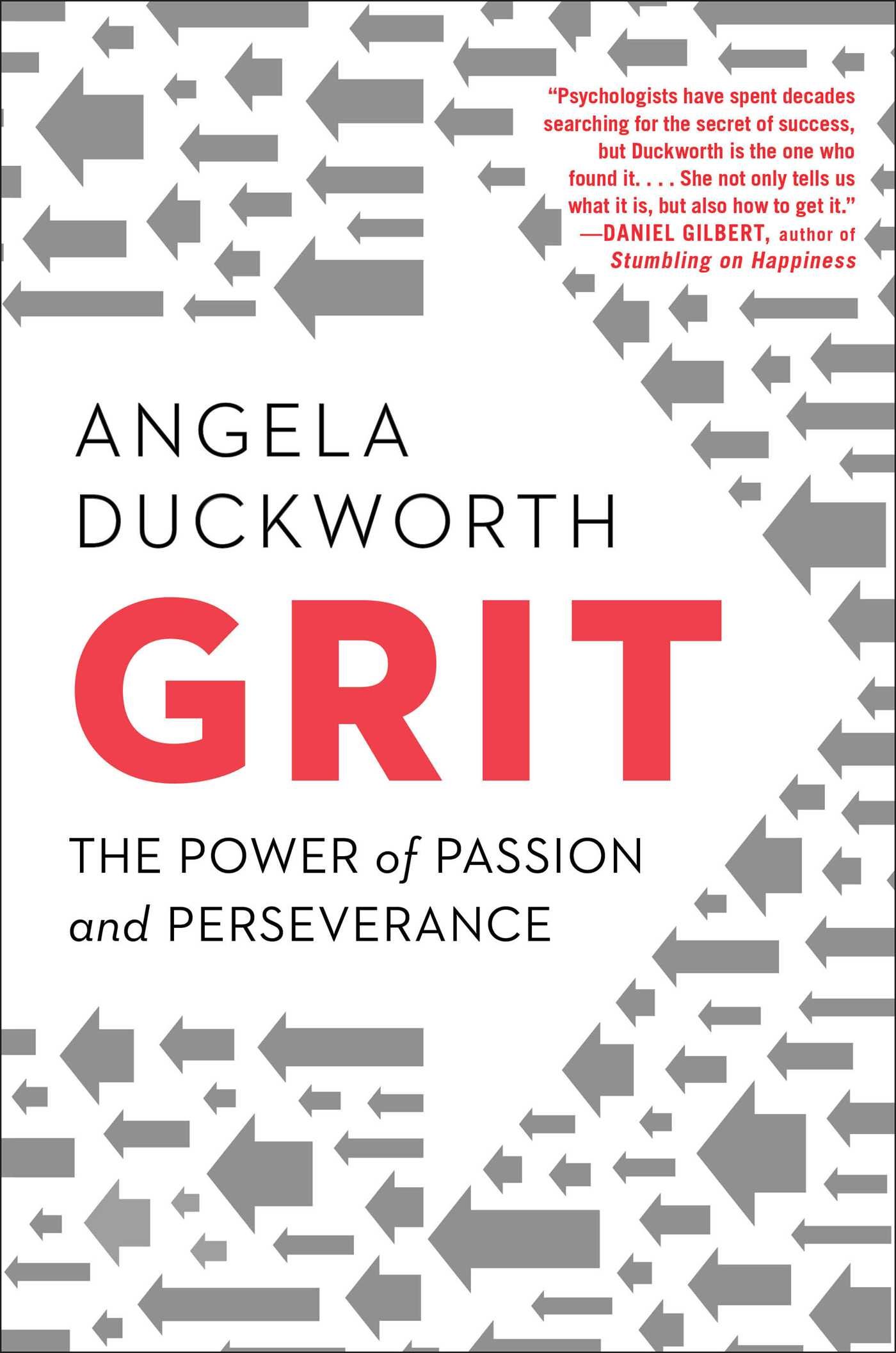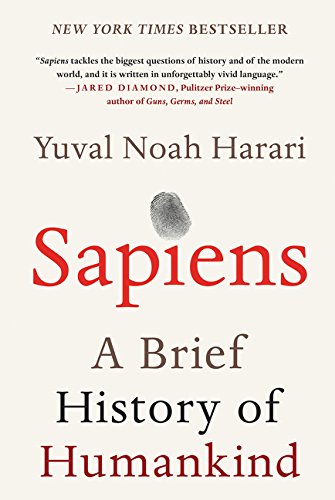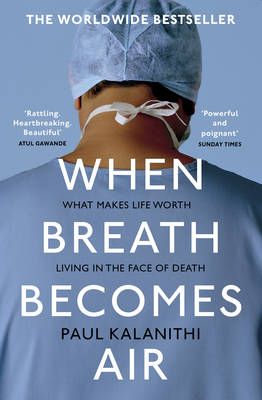By Angela Duckworth (2016)
Pages: 333, Final verdict: Should-read
Who is successful and why? Be it in the classroom, the sports arena or in the military, we've all encountered people who are "special", "natural" or "geniuses". Is success really defined by your I.Q and your innate abilities? Or can competence be fostered through a combination of passion and hustle?
McKinsey consultant turned teacher turned psychologist, Angela Duckworth practices what she preaches. And having received MacArthur “genius” fellowship for her work on the topic of this book, this is her own way of pouring her years of research and observation into a great essay on the power of will.
How gritty are you?
Grit, defined by Angela Duckworth as "passion and perseverance for long-term goals", can be seen everywhere.
And for Angela, her goal is clear: "use psychological science to help kids thrive". Doing that, as she points out earlier in the book, means rethinking our paradigm of what makes some of us excel in life.
By breaking those barriers of social acceptance that told us talent and IQ are the sole definers of success, Angela dug into the research and interviewed world class athletes, musicians, entrepreneurs, and "geniuses". Her theory is simple: Yes, talent is important ("You can't teach height" is a famous saying in the basketball world). But Angela believes talent falls short of explaining achievement. In fact, in the algorithm of human achievement, "effort counts twice":
- Talent * effort = skill
- Skill * effort = achievement
Enters the grit scale. Throughout the book, Angela shares with us how thousands of Americans have helped her assess the impact grit has on the way we overcome obstacles, persevere, and stick to our objectives. And consistently, the better people score on the grit scale (go ahead, give it a try), the more likely they are to finish high school, graduate from West Point Academy and be happy. The best part? Grit, can also be learned and fostered through effort and dedication (#gritinception).
"I wrote it (this book) because what we accomplish in the marathon of life depends tremendously on our grit - our passion and perseverance for long-term goals" - Angela Duckworth
A better, grittier world
Grit is much more than the theory why some of us thrive, sometimes against all odds. The greater part of the book revolves around what we can do to "grow grit". How can we do that? In Angela's eyes, we can either get it from the inside out or from the outside in.
The interest in understanding the skills which lead to achievement is far from new. In Grit, Angela builds on work all the way from ancient Greece to the current days, piggybacking on the "10 000 hour rule" made famous by Malcolm Gladwell, the growth mindset of Carol Dweck, the "Flow" by Mihaly Csikszentmihalyi, and more.
And through that rhapsody of the pursuit of excellence, grit is said to be achieved through the combination of:
-
Interest: The nº1 advice you'll hear from commencement speeches, self-help books and shi**y motivational coaches is to "follow your dream". But finding our dream, passions, the ultimate goal is a different story. Among other practices, Angela shows us how passion generally sprouts from interest each of us has, and it is much more of a discovery process than and enlightenment moment.
-
Practice: In the chapter that I loved the most, we explore how a disciplined, goal-oriented effort to be better (deliberate practice) is the key to turning talent into achievement.
-
Purpose: You cannot sustain interest and practice without a purpose. How can you turn your interest into a life mission?
-
Hope: How do you face adversity? Can you get up after a beat down? What do you tell yourself to remain motivated in adversity? As rational and mission oriented we might be, "Hope" explores how grit takes belief, optimism and Carol Dweck's definition of a growth mindset.
The other end of the spectrum involves surrounding ourselves with people who are grittier than us, and who can inspire us to embrace the challenge and try harder. In this section, the tables turn as we learned how research is teaching us that external stimuli from extra-curricular activities, coaches, mentors and parents can have a lasting impact in how gritty (and successful) we become.
In the end, Angela shares with us a few ways in which she is raising a gritty household with her two daughters. As one example, at the Duckworth house, extra-curricular activities must be endured for at least 2 years before quitting... that's something you don't see every day.
Bottom line
Grit is one of the best books I’ve read this year. Similar to other best-selling authors on human psychology like Adam Grant or Carol Dweck, Angela Duckworth’s comprehensive and empathetic study of grit is sure to inspire you to reflect on how hard you are working to achieve your goals.
And even tough I sometimes felt that the book was returning to very similar examples too often, I enjoyed reading the many studies and examples conducted wildly different settings, from West Point Academy to the National Spelling Bee.
Grit is surely one to keep on your bookshelf, under the subject of "Pick up once and a while". And if you've never really read much about the psychology of achievement, then Grit is a no-brainer. Well, even if you have, get it too. Inspiration does not come often, and Angela's stories and theory are not to be missed out on.
Further learning:
- Buy the book online.
- Carol Dweck "Mindset" review, from the same school of though of Grit
- Angela Duckworth's website



